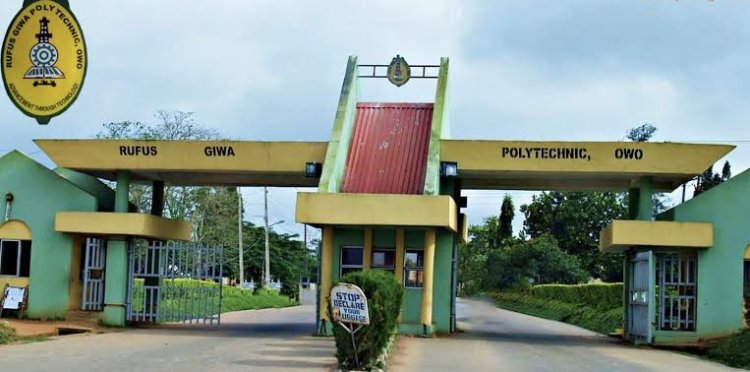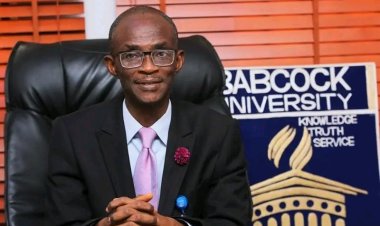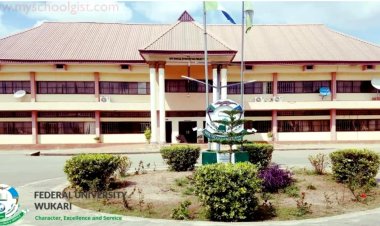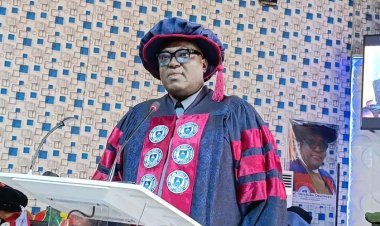Rufus Giwa Poly Lecturers Boycott Exams over Unpaid Salaries
“We have tried as much as possible to discharge our duties even in hunger… We have done enough, however, and we can’t wait any longer nor endure again.”

The Academic Staff Union of Polytechnics (ASUP) at Rufus Giwa Polytechnic, Owo, has expressed its dissatisfaction over 11 months of unpaid salaries. The union’s chairman, Ade Arikawe, stated in a news conference on Tuesday that the staff could no longer perform their duties due to hunger.

See more: LASUED’s Vice-Chancellor Calls for Collective Effort in Ensuring University’s Survival
Mr. Arikawe revealed that the irregular payment of salaries has been a recurring issue for over seven years, with attempts to rectify the situation proving unsuccessful. He said, “We have tried as much as possible to discharge our duties even in hunger… We have done enough, however, and we can’t wait any longer nor endure again.”
He further stated that the institution’s academic staff had only received their salary for February and a partial payment for March since the beginning of 2023. The polytechnic reportedly owes more than N6 billion in workers’ salaries, promotion benefits, and other dues.
For you: UNILAG Celebrates Alumnus Prof Azeez Butali’s Appointment as Professor at University of Iowa
The chairman also expressed concern over the institution’s refusal to pay the financial benefits of staff promotions since 2015. He attributed the continual delay in salary payment to the consistent reduction of government subvention to the polytechnic since the administration of former Governor Olusegun Mimiko.
Mr. Arikawe highlighted the severe consequences of the unpaid salaries, including untimely deaths, avoidable ill health, broken marriages, and other unimaginable living conditions faced by the institution’s lecturers.
See also: Imo Rep Awards Scholarship Grants To 100 Beneficiaries in Ideato
Regarding the planned conversion of the polytechnic to a university, Mr. Arikawe criticized the establishment of a panel to oversee the transition without involving ASUP. He demanded that qualified ASUP members be allowed to migrate to the proposed university, as is the case in some other states. However, he commended the state government for reinstating some ASUP members who were previously dismissed due to union activities.

 Chukwuebuka Aniakor
Chukwuebuka Aniakor 



